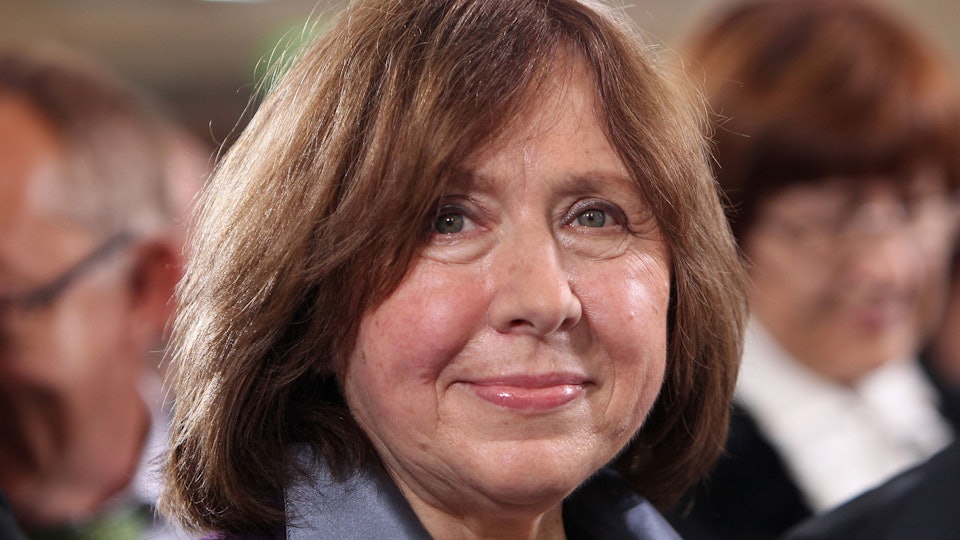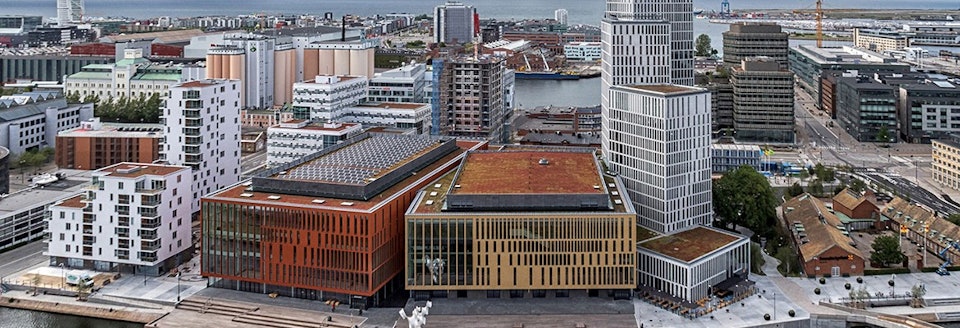Featured Organization
ICORN - The International Cities of Refuge Network

ICORN - The International Cities of Refuge Network places artists whose creative expression and lives are in peril in dozens of cities around the globe, from Malmö to Mexico City. Since its founding in 2005, ICORN has found refuge for more than 170 artists.
ICORN began as an organization to aid writers. It grew out of an earlier network founded in 1993 in response to the assassination of several writers in Algeria. Svetlana Alexievich, the investigative journalist from Belarus who received the Nobel Prize for Literature in 2015, was an ICORN writer in residence in Gothenburg, Sweden, from 2006 to 2008.
“Don’t despair, and keep doing your work,” Alexievich told an ICORN gathering in a video message. “Words have tremendous power.“ Alexievich says that when she returned home to Belarus, strangers would approach her in cafes and tell her, “Thank you — you have preserved our dignity.”
ICORN has placed an Iraqi poet and musician in Wroclaw, Poland; a Sri Lankan journalist in Ithaca, New York; a Cuban poet in Frankfurt, Germany. And in 2014, ICORN expanded its brief beyond writers to other embattled artists, beginning with Ramy Essam, a Egyptian singer-songwriter and leader of the 2011 Tahrir Square uprising.
“The first thing is to bring as many threatened voices into safe havens as fast as possible,” Helge Lunde, the executive director of ICORN, has said. ICORN residencies can last a couple of years, but they are not permanent and rarely outlast the need for refuge. So “you have to make sure foundations are laid for long-term development,” Lunde says. Many writers in exile struggle with making their work and supporting themselves in a new place and a new language.
A midyear report noted a couple of trends for the first half of 2017: Historically, most ICORN applicants have been men, but as of June a quarter of artists applying for refuge were female. Also, nearly half of all applications came from journalists.
And a worrisome trend that is not new for ICORN: there are many more applicants than cities of refuge.
ICORN posts guidelines for artists at risk interested in applying for residency and cities that want to offer refuge.

On May 2-4, 2018, ICORN will host its 9th General Assembly 2018 in Malmö, Sweden. Here, writers and artists will engage in a diverse program of concerts, debates, readings, film screenings, performances and speakers’ corner, in an exchange with city representatives, invited guests, observers and the Malmö public.
The 2018 ICORN General Assembly will mark the 70th Anniversary for the Universal Declaration on Human Rights.